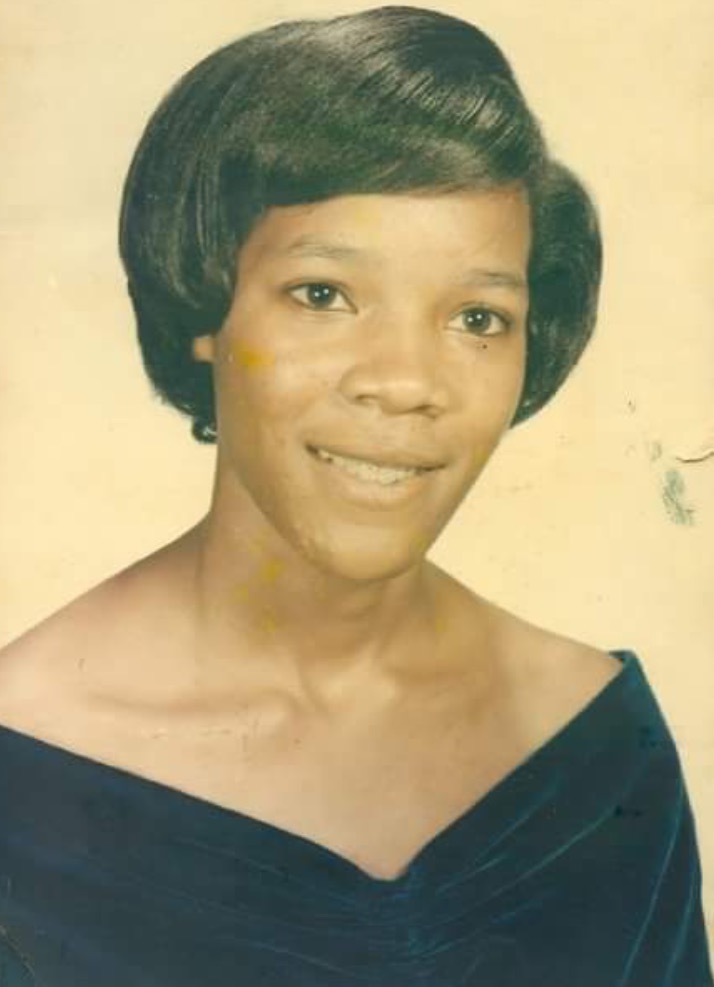Torch in the Dark: Lucy Stanton's Commencement Cry Against Slavery
- T. Brookshire

- Feb 6, 2024
- 3 min read
As the sun dipped below the horizon on that warm August evening in 1850, the Oberlin College campus (northern Ohio) was buzzing with excitement. Graduation day had arrived, and a palpable sense of anticipation filled the air.

The Oberlin Ladies Literary Society had selected Lucy Stanton, their president, to give the graduation Commencement Speech. Stanton was a young, courageous African American woman who had made a name for herself as a fierce advocate for the abolition of slavery.

Lucy had accepted the prestigious invitation, knowing the weight of the occasion. Just two weeks remained before the Fugitive Slave Act, a terrifying piece of legislation that threatened the freedom of countless African Americans, would come into effect. It was a dire time for the abolitionist movement, and Lucy knew that her commencement address would need to be nothing short of remarkable.
In a candlelit hall filled with eager students, faculty, and guests, Lucy stepped onto the stage. The room fell silent, all eyes on the determined young woman who was about to address them. Her voice trembled with the urgency of the moment as she passionately recounted the horrors of slavery, painting a vivid picture of the suffering endured by her family, friends, and Black Americans in bondage.
Stanton implored her fellow students, especially the women, to embrace the anti-slavery cause with unwavering commitment. Stanton’s words were a rallying cry, a call to action in the face of impending darkness. Lucy's vision for the future was perhaps the most surprising and inspiring part of her speech. Despite the grim circumstances, she dared to imagine a day not too far off when the shackles of slavery would be broken, and the oppressed would finally taste the sweet nectar of freedom. The ambitious activist’s words ignited a spark of hope in the hearts of all who listened, leaving an indelible mark on the history of Oberlin College and the fight against slavery.

------------------------------------
Lucy Stanton Day Sessions was an phenomenal educator and abolitionist who is believed to be the first African American woman to graduate from college, completing a Ladies Literary Course from Oberlin College in 1850. (For over a century the Ohio college has recognized its early Literary Course program as equivalent to a degree program even though it did not award graduates with a bachelor’s degree.) Her father, Samuel, was a free-born black barber who died before Lucy was two years old. Her mother, Margaret, later remarried John Brown, a wealthy black businessman and abolitionist who was active in the Underground Railroad. The family often harbored runaway slaves in their home.
In this passionate and eloquent speech, the main point is a fervent plea for the abolition of slavery. Lucy Stanton vividly described the horrors of slavery and the urgent need for its eradication. Stanton portrayed slavery as the embodiment of all crimes, akin to war, intoxication, and pollution. She argued that it is a moral obligation for reformers, white women, and those with power and influence to champion the cause of the oppressed. She made her appeal for basic human values of empathy, compassion, and love for one's neighbor by invoking the power of women, mothers, and sisters to sympathize with slave mothers who are torn from their children. In conclusion, Stanton called on all Christians, who profess love for their fellow human beings, to remain steadfast in their fight for freedom of the enslaved African Americans.







Comments